I’ve learned that the seemingly simple question of when to visit New Zealand is surprisingly complex. While summer (December-February) boasts sun-drenched days and balmy breezes, it’s also the most expensive and crowded time to travel. Conversely, the shoulder seasons (spring and autumn) offer a pleasant climate with fewer tourists and better value. This guide will help you determine the best time to travel to New Zealand based on your interests, budget, and preferred activities.
Understanding New Zealands Seasons and Weather
New Zealand is renowned for its diverse landscapes and microclimates, which vary significantly across its four distinct seasons. Understanding these seasonal changes is crucial for identifying the best time to travel to New Zealand.
Summer (December – February)
New Zealand’s summer is a vibrant season characterized by warm temperatures, ranging from 21°C to 25°C. This time of year is ideal for beach lovers and outdoor enthusiasts, as the sun shines brightly and the days are long. However, summer also marks the peak tourist season, resulting in larger crowds and higher prices for accommodations and activities. If you’re planning to visit during this period, it’s wise to book your trips in advance to secure the best deals.
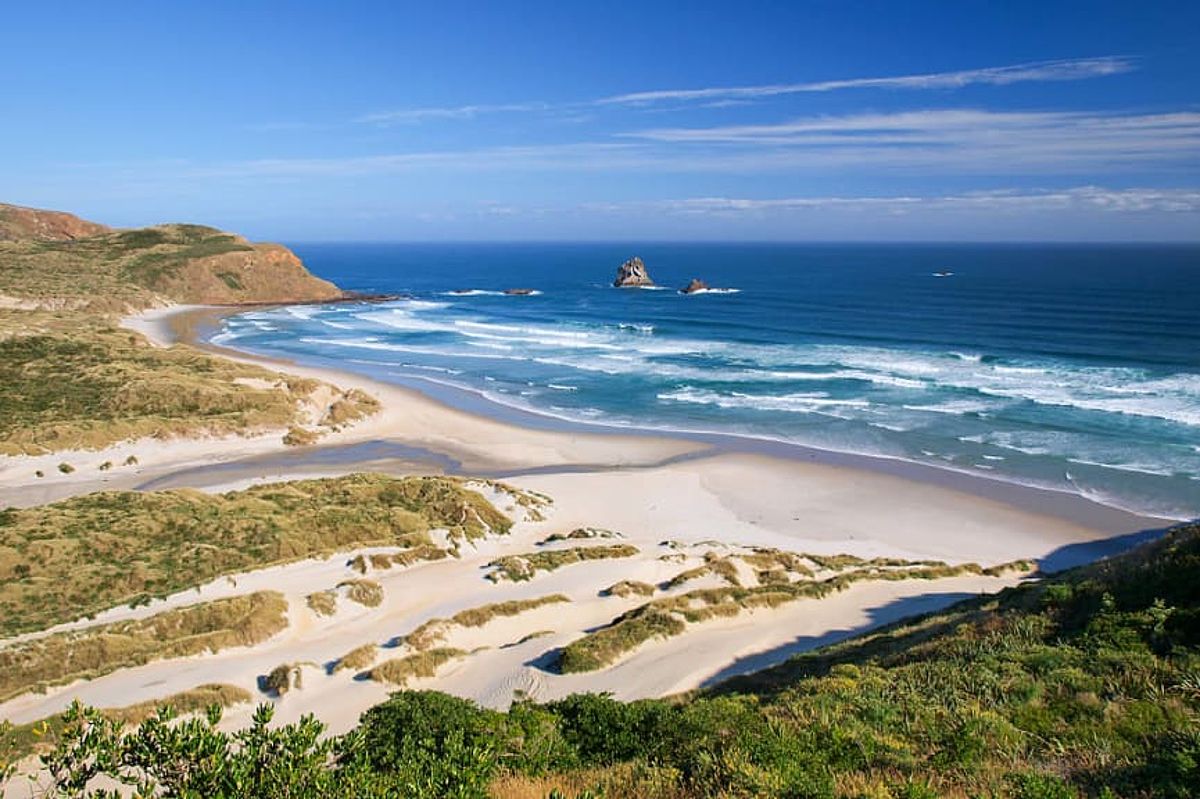
Autumn (March – May)
Autumn is a picturesque time to explore New Zealand, with temperatures ranging from 17°C to 21°C. The stunning fall foliage transforms the landscapes into a painter’s palette of reds, oranges, and yellows. This shoulder season offers a more tranquil experience, with fewer tourists and better value for your travel budget. During the autumn months, average nightly accommodation costs in popular areas like Queenstown can be 20-30% lower than peak summer rates. Autumn is perfect for activities such as hiking, wine tasting, and enjoying the breathtaking scenery without the hustle of summer crowds.
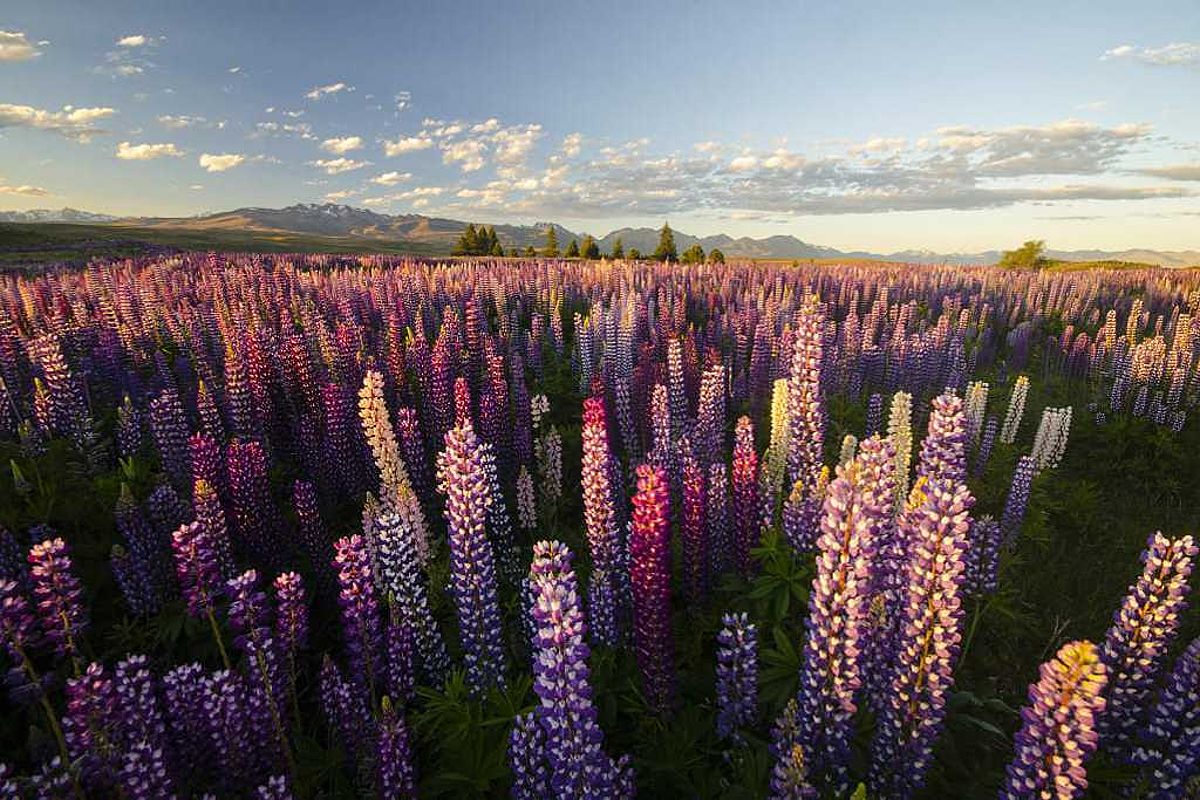
Winter (June – August)
Winter in New Zealand offers a unique charm, despite the cooler temperatures of 12°C to 16°C. While some attractions may have limited hours, this season is ideal for winter sports enthusiasts, with excellent skiing and snowboarding opportunities in regions like Queenstown and Wanaka. Additionally, winter brings lower prices and fewer tourists, making it an attractive option for budget-conscious travelers. It’s worth noting, however, that some popular attractions may still experience queues, especially during weekends or school holidays, even in the traditionally quieter winter season.
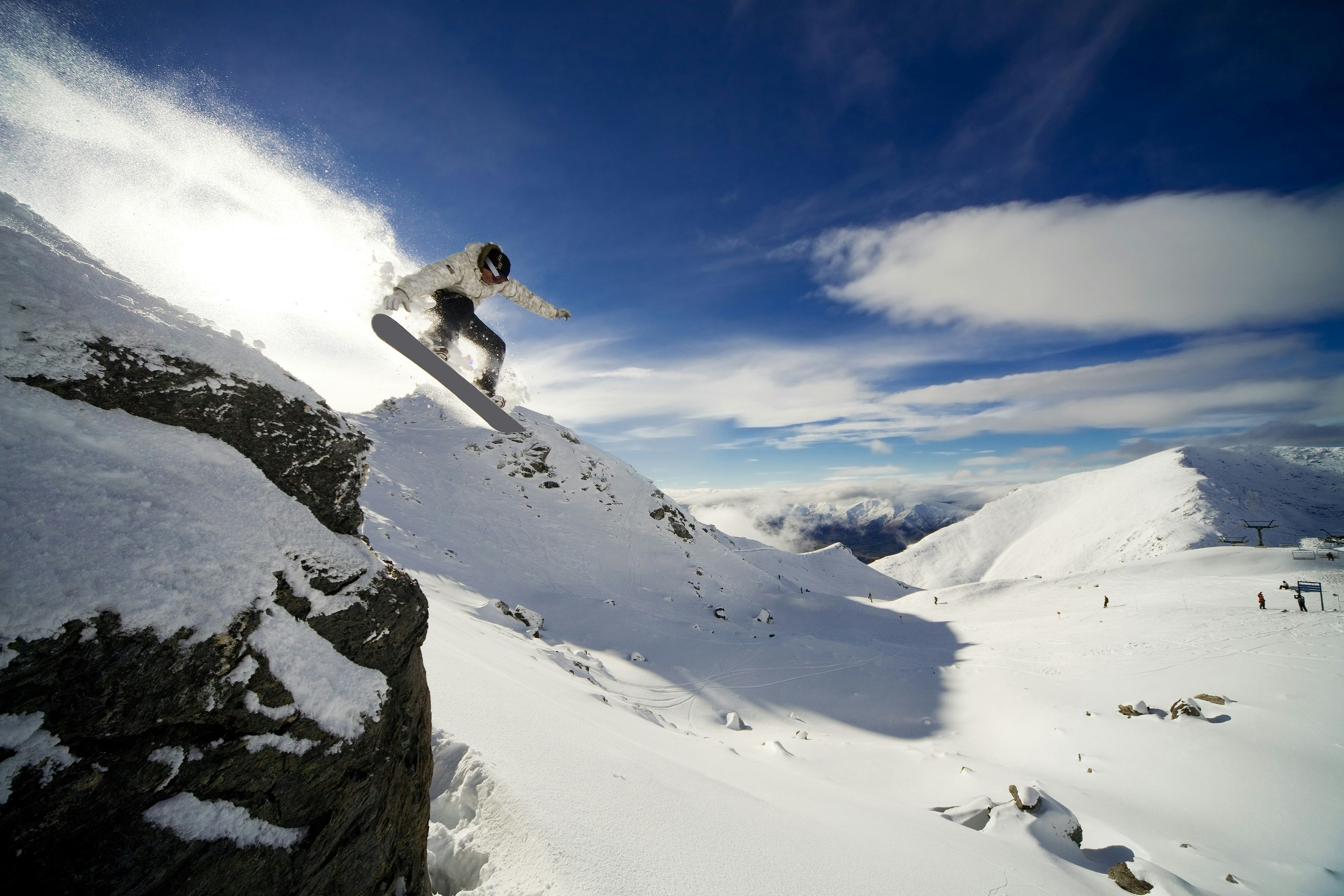
Spring (September – November)
As the cold recedes and flowers bloom, spring is a delightful time to visit New Zealand. With temperatures ranging from 16°C to 19°C, this shoulder season offers pleasant weather and fewer crowds compared to summer. Spring is the best time to witness the country’s stunning waterfalls in full flow and explore lush landscapes bursting with life. Additionally, some operators offer package deals that can provide value for travelers visiting during this period, even if prices are generally lower than summer.
Best Time to Travel to New Zealand Based on Your Interests (International Tourists)
When determining the best time to travel to New Zealand, consider your specific interests. Each season caters to different activities and experiences, ensuring there’s something for everyone.
Hiking Enthusiasts
For avid hikers, the shoulder seasons of spring (September-November) and autumn (March-May) are the best times to explore New Zealand’s renowned Great Walks. During these periods, the weather is generally mild, and the trails are less crowded, allowing for a more immersive experience in the breathtaking scenery. The number of permits issued for the Milford Track, one of New Zealand’s most popular Great Walks, has increased by approximately 20% in the last five years, highlighting the growing popularity of these iconic hiking trails.
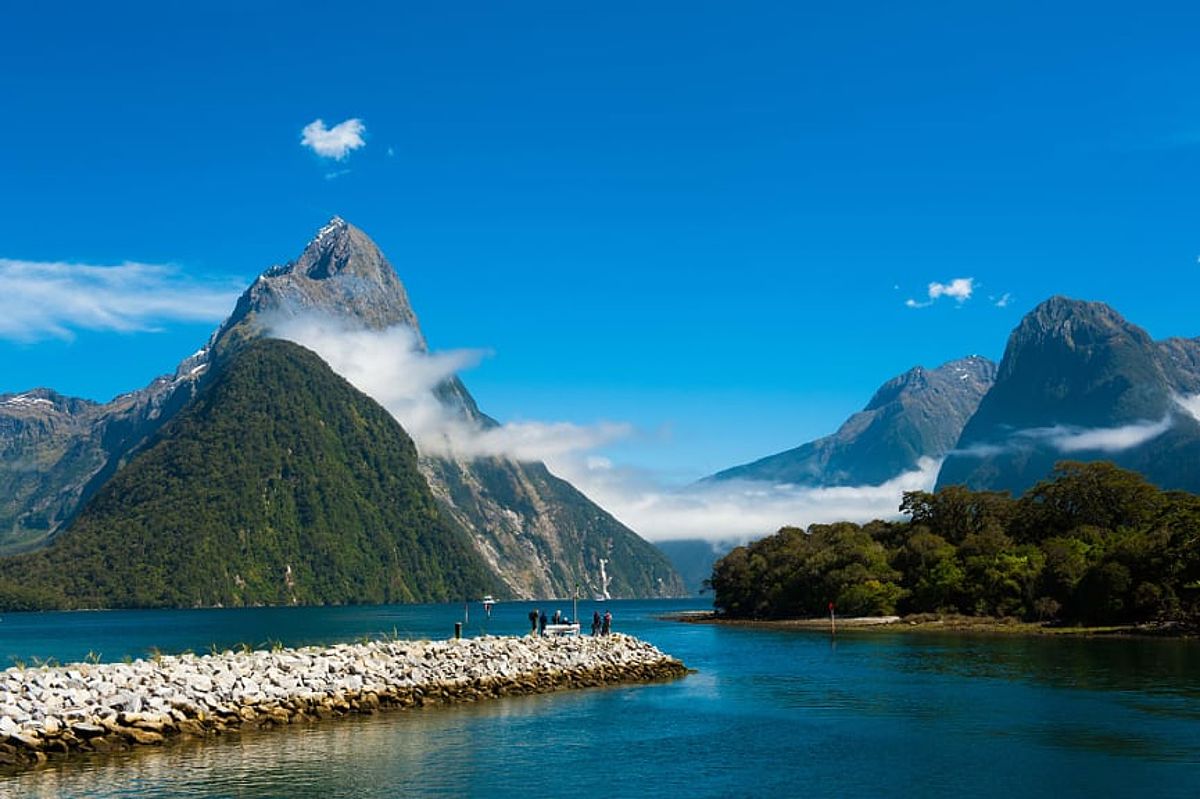
Beach Lovers
If soaking up the sun and enjoying the beach is your priority, the best time to travel to New Zealand is undoubtedly summer (December-February). With warm weather and pristine beaches, you can indulge in water sports, sunbathe on golden sands, and experience the vibrant beach culture that New Zealand has to offer.
Wildlife Spotters
For wildlife enthusiasts, winter (June-August) is the prime time for whale watching. This season provides excellent opportunities to spot migrating humpback whales, orcas, and dolphins along the coast. Locations such as Kaikoura are particularly renowned for their marine life encounters.
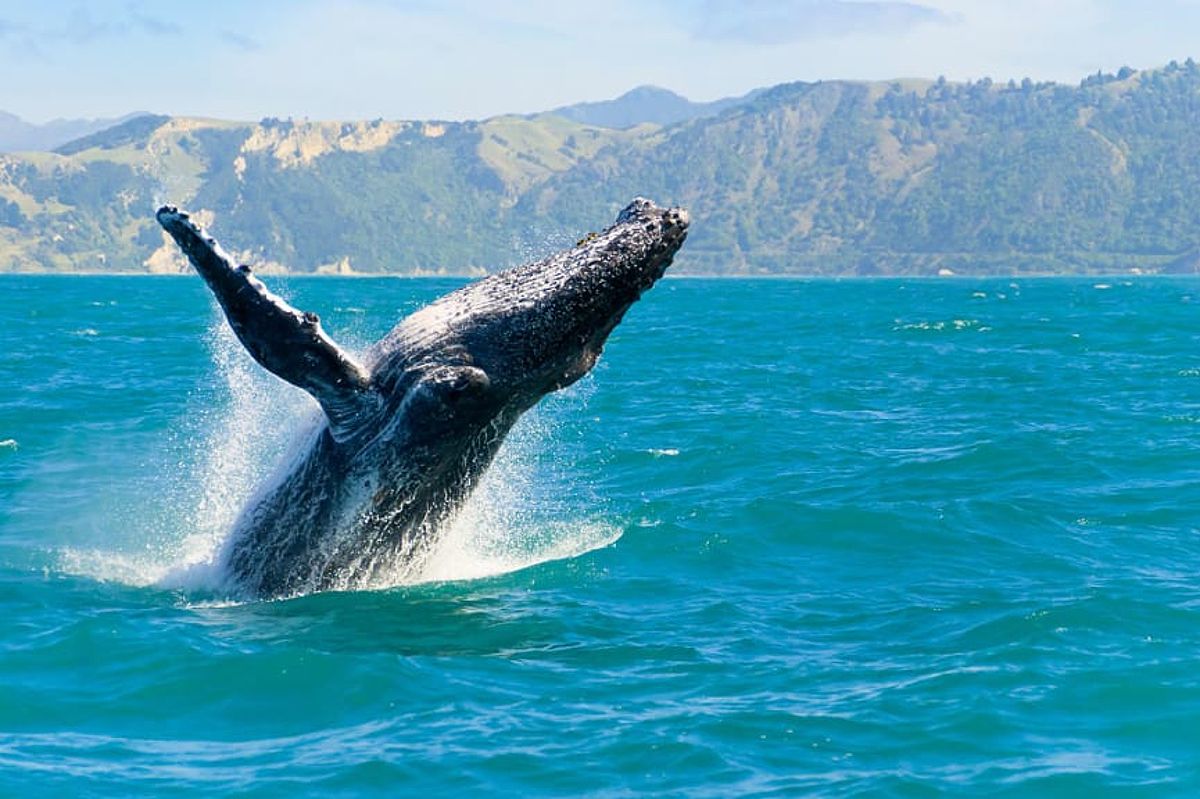
Adventure Seekers
New Zealand is synonymous with adventure, offering thrilling activities year-round. Summer is perfect for water sports, while winter is the time to hit the slopes for skiing and snowboarding. The shoulder seasons of spring and autumn provide ideal conditions for hiking, trekking, and exploring the great outdoors.
Best Time to Visit New Zealands Major Cities
When planning your New Zealand adventure, it’s essential to consider the best time to visit the country’s major cities, each offering unique experiences.
Auckland
Auckland, New Zealand’s largest city, is a year-round destination. However, the shoulder seasons of spring and autumn provide the most pleasant weather and fewer crowds. Events like the Pasifika Festival in March make these seasons particularly appealing for visitors seeking cultural experiences.
Queenstown
Known as the adventure capital of New Zealand, Queenstown is best visited during summer for outdoor activities such as hiking, biking, and water sports. However, winter also shines, particularly during the Queenstown Winter Festival in June/July, which draws visitors to the slopes for skiing and snowboarding.
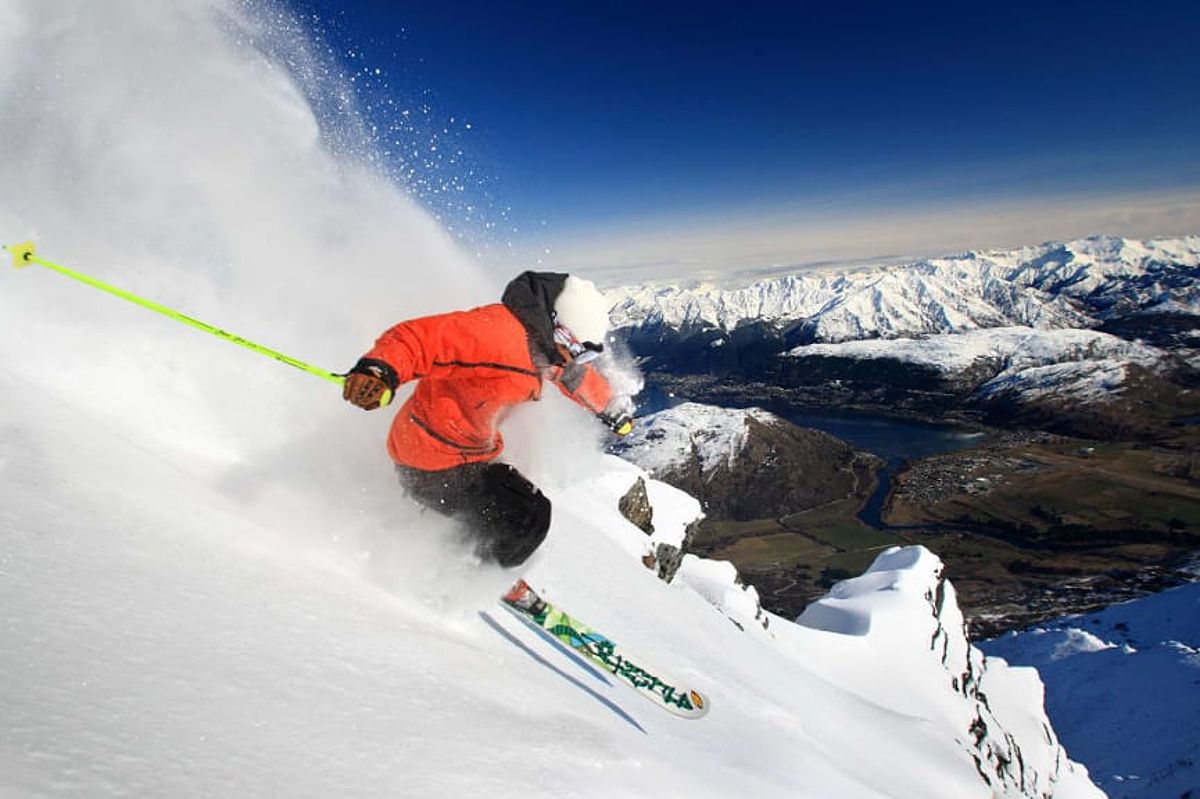
Christchurch
After recovering from the 2011 earthquake, Christchurch has become a vibrant city with plenty to offer. The best times to visit are during the mild, comfortable weather of spring and autumn. These seasons allow you to explore the city’s historical sites, beautiful gardens, and revitalized urban spaces without the crowds or unpredictable weather.
High, Shoulder, and Low Seasons: Pricing and Crowds
Understanding the ebb and flow of tourist seasons in New Zealand can significantly impact your travel experience, particularly regarding pricing and crowds.
High Season (December – February)
The high season spans December to February, marked by the highest prices and the most crowded attractions. If you plan to visit during this time, be prepared for higher accommodation costs and the need to book activities well in advance. However, the vibrant atmosphere and lively events make summer a popular choice for many travelers.
Shoulder Seasons (March – May & September – November)
The shoulder seasons of March to May and September to November offer a more balanced experience. Prices are generally more affordable, and crowds are manageable, allowing you to fully immerse yourself in New Zealand’s natural wonders. These seasons are perfect for travelers seeking a mix of pleasant weather and fewer tourists.
Low Season (June – August)
The low season, from June to August, presents the best value for budget-conscious travelers. Prices drop significantly, and many tourist hotspots are far less crowded. However, some services and attractions may have limited operations during this time, so it’s essential to plan accordingly if you choose to visit in winter.
Unique Experiences Across New Zealands Seasons
Each season in New Zealand brings unique experiences that can enrich your travel journey, from festivals and events to natural wonders.
Summertime Festivals and Events
During the summer months, New Zealand bursts into life with a vibrant calendar of festivals and events. From the Rhythm & Vines music festival in Gisborne (held annually in late December) to the lively Pasifika celebration in Auckland (typically in March), summer is the perfect time to immerse yourself in the country’s rich cultural tapestry.
Autumn’s Breathtaking Foliage
As the leaves change color, autumn in New Zealand becomes a visual delight. Explore stunning landscapes, from the rolling vineyards of Marlborough to the serene lake shores of Wanaka, and witness the incredible transformation of nature during this picturesque season.
Winter Wonderland Adventures
While winter may bring cooler temperatures, it also offers unique experiences that can’t be found in other seasons. Embrace the snowy landscapes by hitting the slopes for world-class skiing and snowboarding, or unwind in the country’s geothermal hot springs, surrounded by the crisp, invigorating air.
Spring’s Vibrant Rejuvenation
Spring is a time of renewal in New Zealand, with flowers blooming and waterfalls flowing. Witness the country’s natural wonders come to life, from lush green landscapes to abundant wildlife, and immerse yourself in the sense of optimism that fills the air.
Frequently Asked Questions (FAQ)
Q: What is the cheapest time to visit New Zealand?
A: The low season, from June to August, generally offers the lowest prices on flights and accommodations.
Q: When is the best month to travel to New Zealand for seeing the lupins in Lake Tekapo?
A: The vibrant lupins typically bloom in late November to early December, though the exact timing can vary from year to year.
Q: Are there any significant events I should be aware of when planning my trip?
A: New Zealand hosts various festivals and events throughout the year, including the Rhythm & Vines music festival in Gisborne (held annually in late December), the Queenstown Winter Festival (June/July), and the Marlborough Wine & Food Festival (March).
Q: How do I get around New Zealand?
A: Renting a car provides the most flexibility, allowing you to explore the country at your own pace. However, public transportation is also available in major cities, and organized tours can be a great option for certain regions or activities.
Q: What is the best time to travel to Auckland?
A: Spring and autumn are the best times to travel to Auckland for pleasant weather and fewer crowds, with events like the Pasifika Festival (typically in March) enhancing the experience.
Conclusion
Choosing the best time to travel to New Zealand depends on your priorities—whether you seek sunshine and beaches, snowy mountain adventures, or vibrant city explorations. This guide has provided insights into the best times to plan your New Zealand trip based on your interests and budget. Remember to book accommodations and activities in advance, especially during peak season. Start planning your unforgettable New Zealand adventure today!
